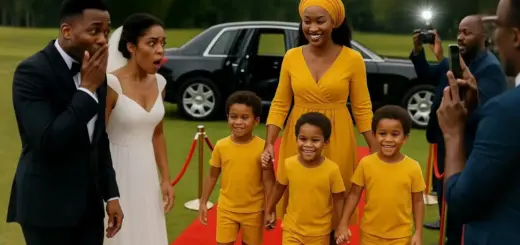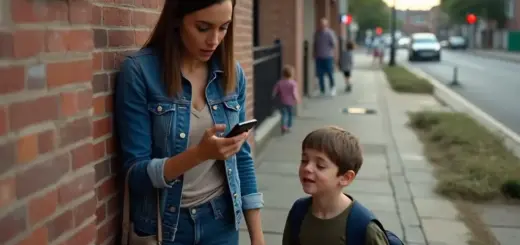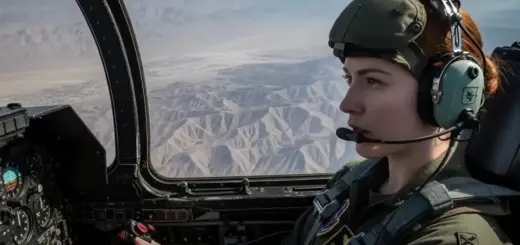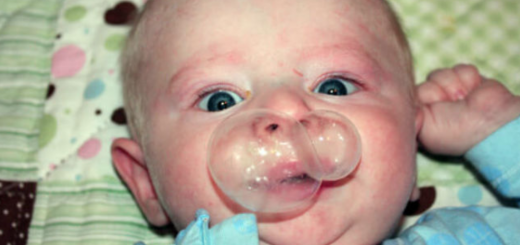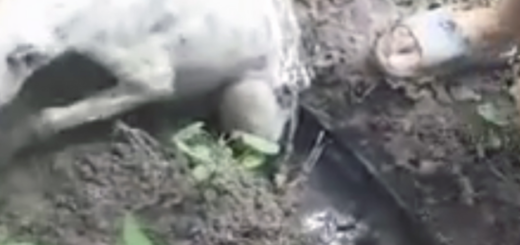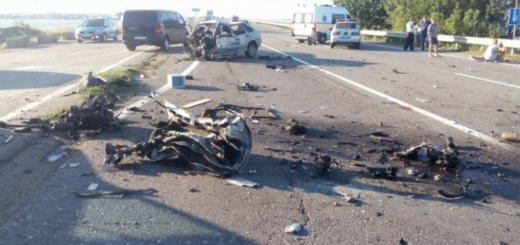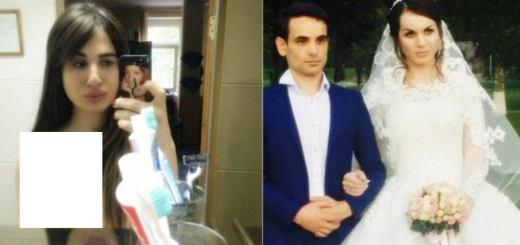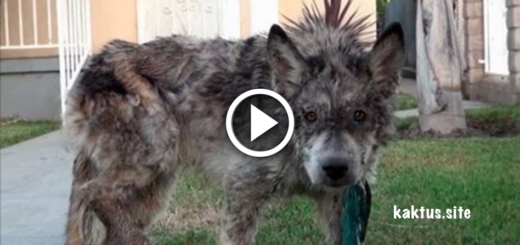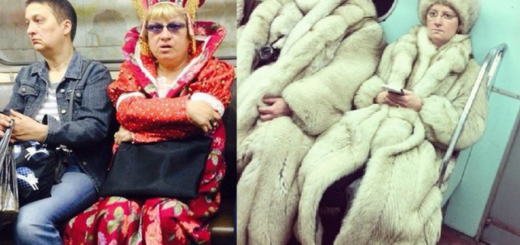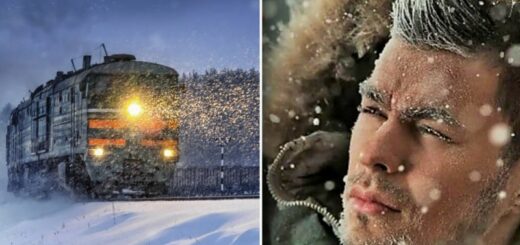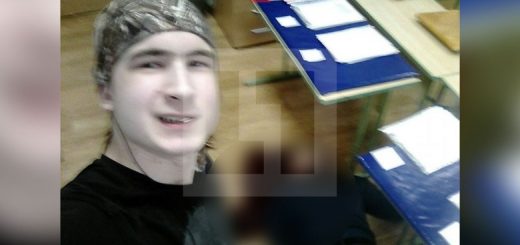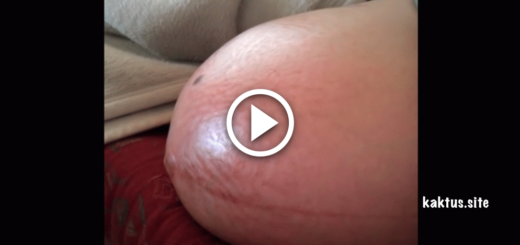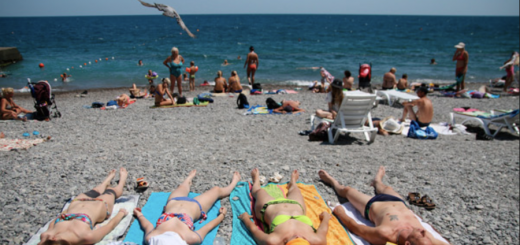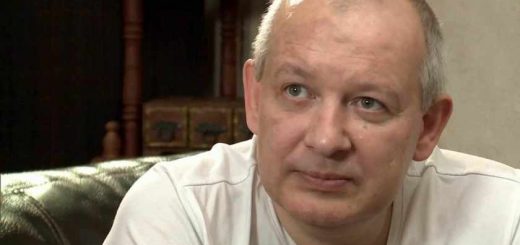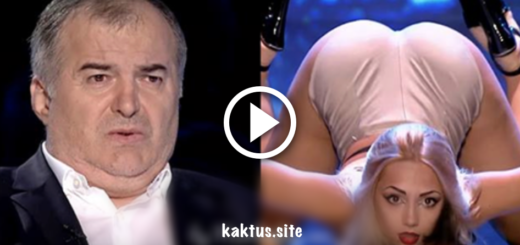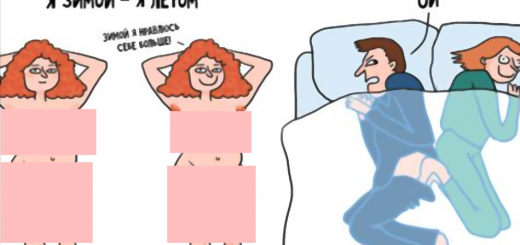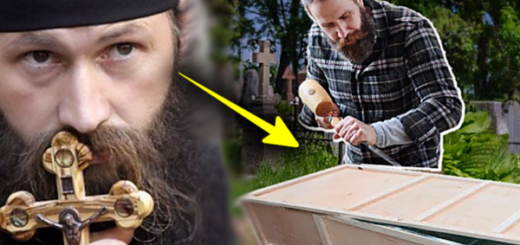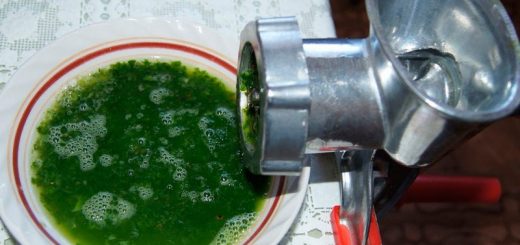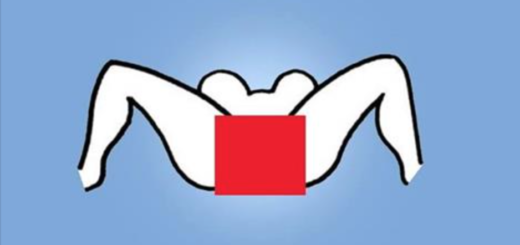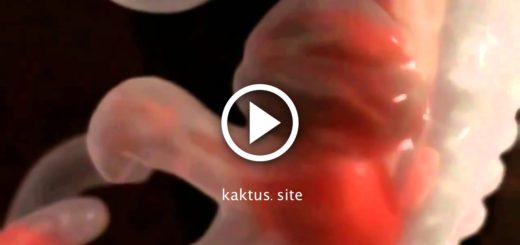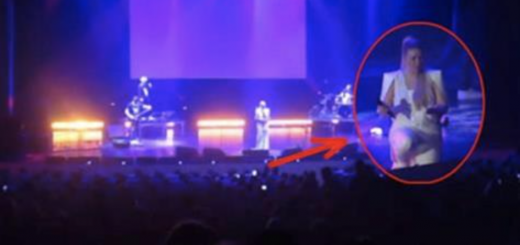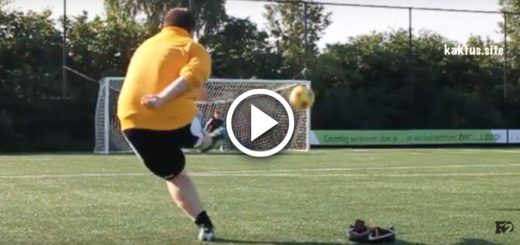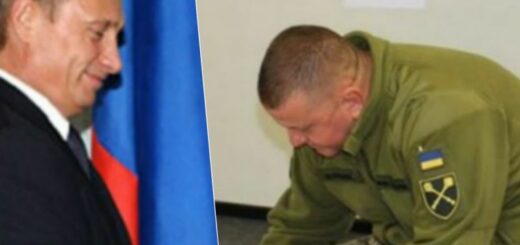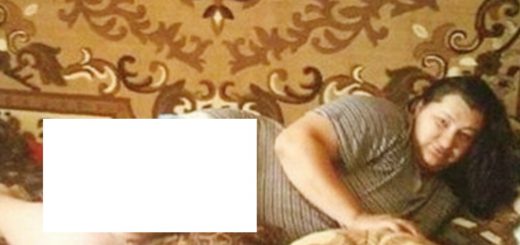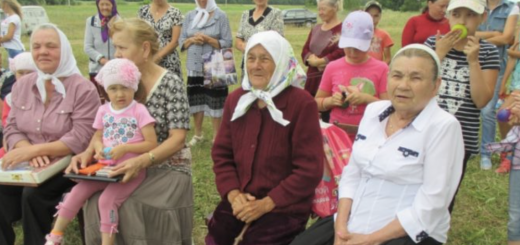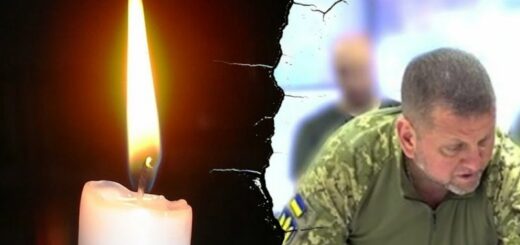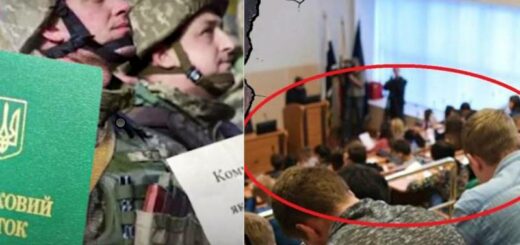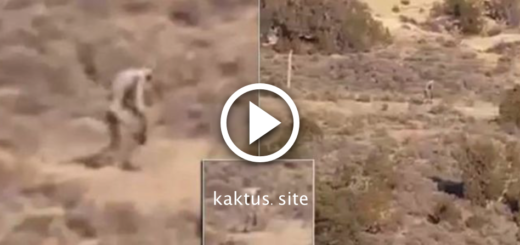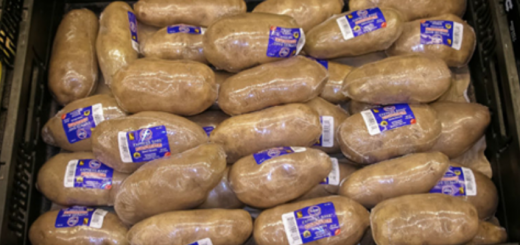“Dad,” Piper asked while sanding a shelf board, “how do you trust anyone after what Mom did?”
I thought about that question a lot these days. “You know what your Grandpa Earl taught me? Trust, but verify. I trusted your mother completely, and that wasn’t wrong. Love should include trust, but I ignored warning signs because I wanted to believe the best. Real love, like what Grandpa showed when he investigated quietly while supporting me, protects while it trusts.”
Colton looked up from measuring a board. “Do you hate her?”
“No, son. Hate would mean she still has power over me. I feel sorry for her. She had a family that loved her, a husband who would have died for her, and she threw it away for money that’s now frozen in federal accounts. She’ll spend the next twelve years in a cell thinking about that choice.”
Chester Pike walked into the workshop with coffee and donuts. He’d been the first one back when I reopened Hutchins Construction. The whole crew returned within a week. We were smaller now, but stronger. Every client who’d left came back with apologies and new contracts.
“Vernon, Mrs. Patterson wants to know if you can build her a guest house. Says she’ll wait as long as it takes to get you specifically.”
“Tell her we’ll start next month.”
My father appeared in the doorway, still checking my work after all these years, but now I welcomed it. His vigilance had saved me when I couldn’t save myself.
“Looking good, son, though that corner joint could be tighter.”
“It’s perfect and you know it, old man.”
He smiled. “Just keeping you sharp.”
We worked in comfortable silence until Piper asked another question. “Dad, that private investigator, Mr. Ashford… his card is still on your desk. Why?”
I picked up the card, reading the note on the back for the hundredth time. “He thinks I should help other people going through what I went through. Fake illness scams are more common than you’d think. He wants me to consult on cases, share my story, and help people see the warning signs.”
“Will you?”
“Maybe. Right now, I’m focused on rebuilding. But someday, yeah. If I can stop one person from going through what we went through, it’ll be worth it.”
My mother called from the house, “Lunch is ready, everyone inside!”
As we walked toward the house, Dalton pulled up in his truck. He’d started coming to every family meal, bringing his kids, making sure I never felt alone. The house was loud again, full of life and laughter and arguments about football teams.
After lunch, I stood on the back porch with my father, watching the kids play basketball in the driveway. The same hoop I’d installed fifteen years earlier still hung there, a little rusty but solid.
“Dad, I never properly thanked you.”
“You don’t need to.”
“Yes, I do. You saved my life when I’d given up on it.”
He put his hand on my shoulder, his grip still strong at seventy-four. “Son, you would have done the same for Colton. Hell, you did do the same for someone who didn’t deserve it. That’s not stupidity; that’s character. The only difference between you and me is I’ve lived long enough to know that sometimes the people we love most are the ones capable of hurting us worst.”
“How do you know when to trust and when to verify?”
“You don’t. You just do both. You love with your whole heart, but you keep your eyes open, and you make sure your family knows that no matter what happens, you’ve got their back.”
The motel key from room 107 still hangs on a hook in my workshop. It’s not a reminder of my lowest point, but proof that rock bottom isn’t the end if you have people who won’t let you stay down. Every morning, I see it when I grab my tools, and I remember that the worst thing that ever happened to me led to the most important lesson of my life. Real strength isn’t about never falling; it’s about having people who won’t let you stay down.
It’s about a father who fights for you when you can’t fight for yourself. It’s about a brother who shows up without being asked. It’s about friends who wait for you to come back, no matter how long it takes. Two weeks ago, a man called me. His wife had been diagnosed with a rare blood disease, and something felt off about the whole situation. Theodore Ashford had given him my number.
“Mr. Hutchins, I don’t know where else to turn. I’ve already sold my car, and she’s pushing me to sell the house.”
“Can you meet me tomorrow?” I asked. “And bring every piece of medical paperwork you have.”
I found three inconsistencies in the first five documents. The doctor’s signature varied slightly, the hospital letterhead was from a facility that had closed two years earlier, and the medication prescribed wasn’t used for the disease she claimed to have. That man’s wife is now under investigation. He still has his house.
“How can I ever thank you?” he asked when we confirmed the fraud.
“You just did. Every person we help makes what I went through worth something.”
My son, Colton, recently wrote an essay for school about heroes. He wrote about his grandfather, the man who fought a silent war to save his son. He wrote about me, who gave everything for love, even when that love was a lie. But mostly, he wrote about how sometimes the real hero is the person who sees you at your lowest and says, “Get up. We’re not done yet.”
The teacher called me, concerned the story was too mature for a fourteen-year-old. “He lived it,” I told her. “He earned the right to tell it.”
Yesterday, Piper performed at her spring concert—the same one I promised to attend that morning when our life was still perfect. I sat in the front row between my parents, with Dalton on my other side, and Chester and the crew filling the rest of the row. When she played her solo, I thought about all the concerts Melody would miss from her federal prison cell. But mostly, I thought about second chances.
The knock on my motel door that night didn’t just reveal the truth about Melody’s deception. It revealed the truth about love, family, and the unbreakable bonds that hold us up when we can’t stand on our own. I was a man who lost everything saving someone who was never sick. But in losing everything, I found what actually mattered. Not the house I built with my hands, but the home my father kept alive in his heart. Not the business I created, but the brotherhood that waited for me to return.
My name is Vernon Hutchins. I’m a construction worker, a father, a son, and a survivor of the worst betrayal imaginable. But I’m still here, still building, still trusting—but now verifying, too. And that knock on my motel door wasn’t just someone coming to tell me the truth. It was life itself, refusing to let me give up, refusing to let Melody’s cruelty be the end of my story.
It was my father’s love, wearing a suit and carrying evidence, reminding me that family isn’t about blood or marriage certificates. It’s about who shows up when you’re eating cold beans in a motel room and says, “Time to come home, son. We’ve got work to do.”

